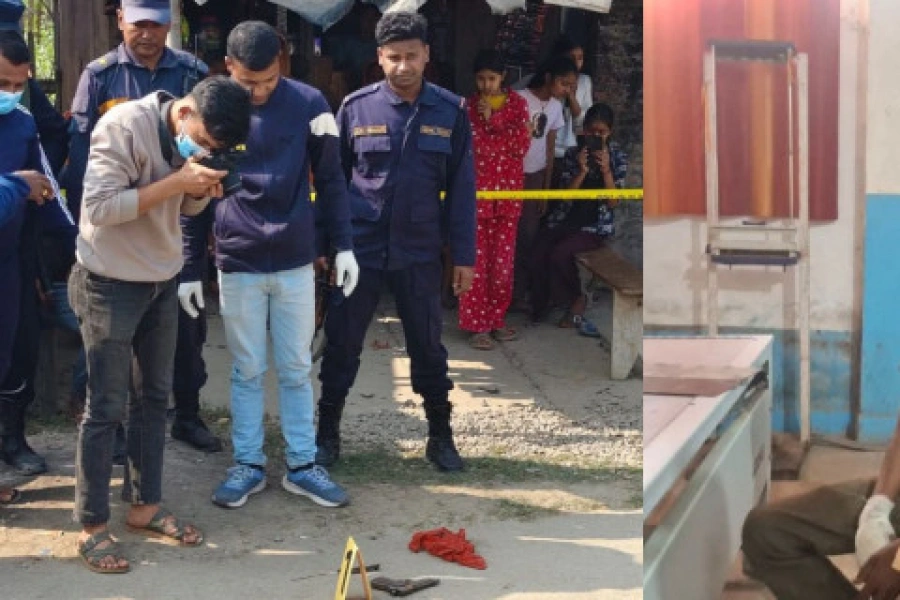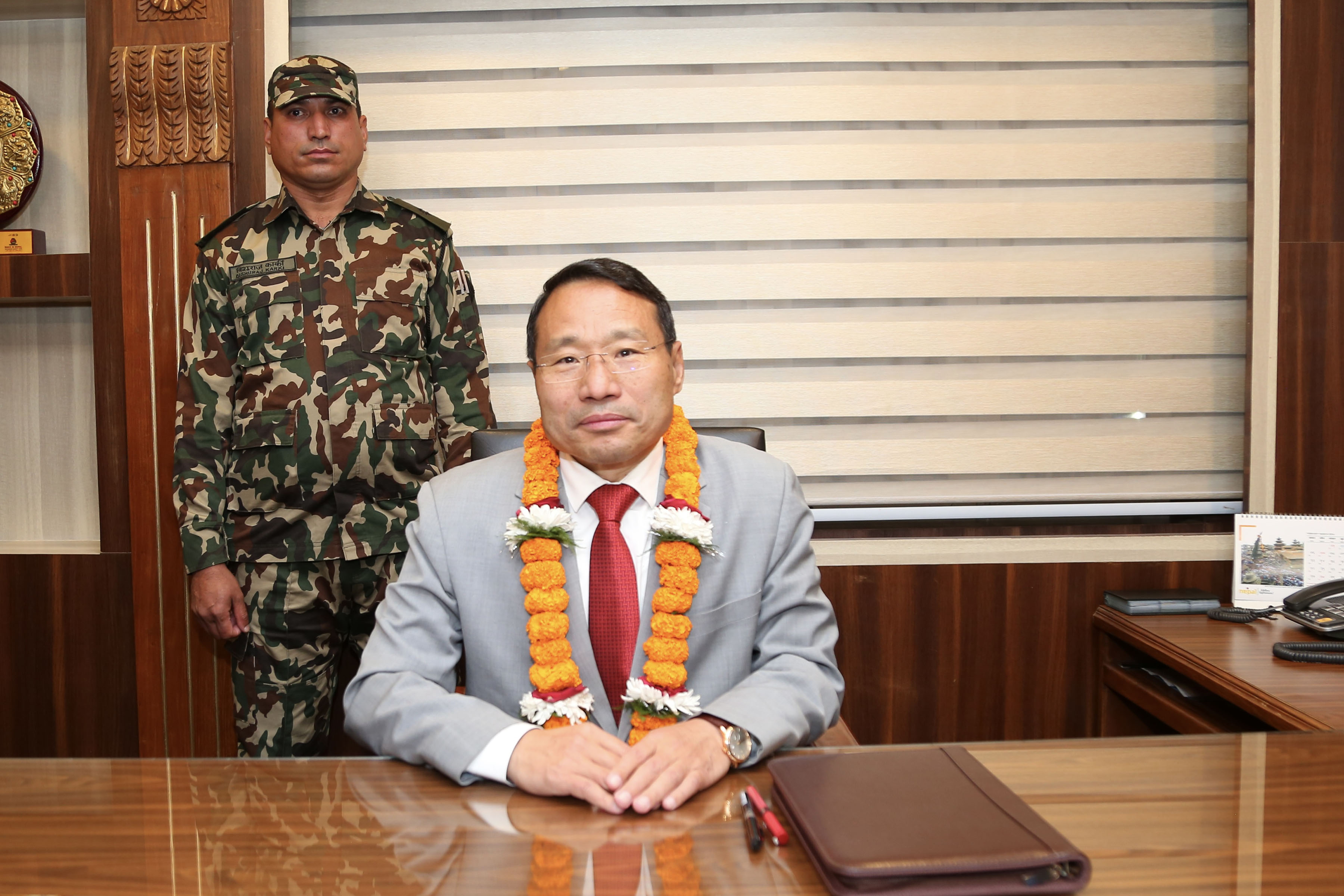KATHMANDU, May 26: The ‘India-Nepal Center’ and ‘Gati Shakti Development Forum’, in association with the Federation of Nepalese Chambers of Commerce & Industry (FNCCI), Birgunj Chamber of Commerce & Industries (BICCI), Nepal-India Chamber of Commerce & Industry (NICCI) and Nepal Chamber of Commerce (NCC), PHD Chamber of Commerce and Industry (PHDCCI) organized “India-Nepal Multimodal Logistics & Connectivity Summit 2024” with a wide-ranging participation from the government and industry on both sides on May 23 in Birgunj, Nepal.
The summit brought together key stakeholders from both countries to explore, discuss, and catalyze transformative initiatives for enhancing connectivity and trade. The summit served as a platform for in-depth discussions on enhancing logistics, transportation, and connectivity infrastructure between India and Nepal.
At the summit, the participants raised various issues like the need to reduce logistics and transportation costs to reduce the burden on consumers and to give priority to Nepali companies while giving management custody of Integrated Check Post (ICP) and Inland Container Depot (ICD). This has provided access to Nepali trucks in India, and improved connectivity by bringing high-speed railways to Indian towns. Atul K Thakur, Secretary, India-Nepal Center, PHDCCI, dwelt on the crucial issues concerning trade transit and connectivity while setting the tone of the summit. Ashok Temani, president (Madhesh Pradesh), FNCCI, with a manifesto that was released during the program reflected on the key reforms needed in Nepal to avail the benefits of improved services with ICP, ICD and simplified transit system.
Silk Transport, Musa Logistics sign logistics services deal

"The open border and connectivity projects have been major facilitators of India-Nepal trade. In recent past, important developments like improvement in border infrastructure, enabling payment in rupees, signing of a letter of exchanges, bilateral rail service agreement, government-to-government agreement of fertilizer supply from India to Nepal, and progress in bilateral power sector cooperation are likely to further boost bilateral trade," Devi Sahai Meena, Consul General, Indian Consulate in Birgunj, Nepal said.
“Nepal should take advantage of India’s economic resilience and growth,” Eshor Raj Poudel, Consul General, Nepalese Consulate in Kolkata, India said.
Ashish Gajurel, the executive director of Nepal Intermodal Transport Development Board said it is required to reduce costs in the supply chain. CEO of the Investment Board Nepal, Sushil Bhatta, spoke about the improvement in connectivity through the progress of transmission lines between India and Nepal besides showcasing a few promising projects.
Representing industry, Anil Kumar Agrawal, president, BICCI; Naresh Kumar Agarwal, vice president, Nepal Freight Forwarders Association, Abhishek Choudhary, President, NICCI Birgunj Chapter stated that Multimodal connectivity is vital. Atul Kumar Sharma, COO, Pristine Valley Dry Port Pvt Ltd which operates the Sirsiya Dry Port thinks customs formalities need to be simplified and made more efficient. Among the other key speakers were: Jagdish Prasad Agrawal, chairman, Nimbus Group of Companies, Vishal D Patil, general manager (Cluster Head-Kolkata), Container Corporation of India; Bikas Rauniar, executive director, Interstate Multi Modal Transport (P) Ltd; Ashok Kumar Baidya, chairman, Nepal-Bharat Sahyog Manch, Atul Koirala, board member, India-Nepal BP Koirala Foundation & Techno-Entrepreneur, Chandra Kishore, senior journalist, Dr BP Yadav, director, Nepal Agricultural Research Council (NARC), Government of Nepal, Dr Bikas Kumar Rauniyar, director, Nepal-Bharat Maitri Hospital.
The summit highlighted the importance of fostering closer economic ties and bilateral integration through the seamless cross-border movement of goods, services and people. It underscored the commitment of both countries to harness the potential of their unique multifaceted ties to build a stronger, more integrated bilateral economic relation besides supporting the efforts for deepening subregional cooperation.








































